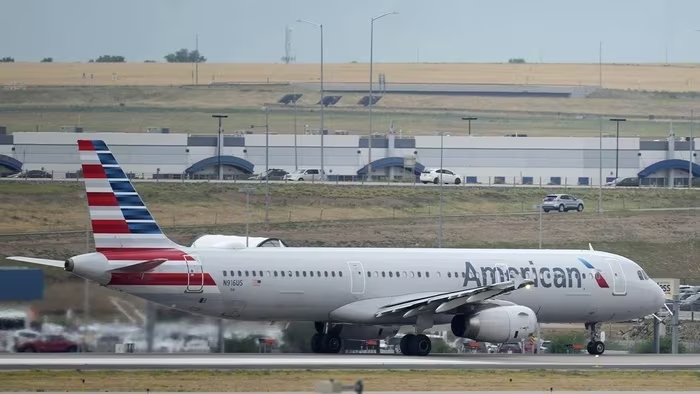US airlines struggle with lack of staff
Posted on: 21/10/2025

The U.S. Federal Aviation Administration (FAA). Photo: Reuters
On October 19, the U.S. Federal Aviation Administration (FAA) announced that a shortage of air traffic control personnel is causing delays at major airports such as Dallas, Chicago, Atlanta, and Newark.
According to the FAA, many night shifts have reported severe staff shortages, which are expected to continue affecting flights in Las Vegas and Phoenix due to the absence of air traffic controllers.
Data from FlightAware showed that more than 5,800 flights were delayed on October 19.
In addition, weather conditions and the Formula 1 race in Austin also contributed to this situation.
Notably, more than 20% of flights operated by American Airlines and Southwest Airlines were affected by delays.
Amid a partial government shutdown, about 13,000 air traffic controllers and 50,000 Transportation Security Administration (TSA) employees are still required to work without pay, creating great pressure on airport operations.
The issue of air traffic control has become a hot topic in the debate between the Republican and Democratic parties, with both sides blaming each other. Labor unions and airlines have called for a quick end to the partial shutdown to ensure that air transport operations return to normal.
Currently, the FAA is short about 3,500 controllers compared to its target, while many employees have been required to work mandatory overtime and six days a week even before the government shutdown occurred.
Last week, Delta Air Lines, one of the three largest U.S. airlines, forecast that the situation could worsen if the shutdown continues. The company’s CEO, Ed Bastian, said that although the initial impact was not significant, Delta Air Lines would have to “pay closer attention” if the government shutdown lasts beyond next week.
This situation further aggravates the long-standing shortage of air traffic controllers in the U.S., which has been attributed to budget cuts and difficulties in attracting new personnel.